In Session
Featuring
Rohaizatul Azhar
Fashion Lecturer
Wearing
| Hoodie |
Beyoncé Merch |
| Pants |
Tailored |
| Shoes |
Nike |
| Bag |
Goyard |
| Bracelet |
Tiffany & Co. |
| Rings |
Tiffany & Co.Cartier |
| Cap |
New Era |
Can you introduce yourself?
Hi, my name is Rohai and I’m a fashion lecturer at LASALLE College of Arts.
How long have you been working as a lecturer?
Almost 10 years now. Before that, I was working as a fashion journalist.
So you’ve always been in fashion it seems! What was your initial draw to the industry?
The conversations that fashion allows us to have, and the idea that fashion is more than just clothes, but also an expression of your identity and what you feel like that day. As you can see, I’m a bit lazy today (laughs).
Yet still stylish! We understand that your work also revolves around identity and culture. How important are these themes to you?
I think they’re very important. Identity and culture define who we are. It doesn’t have to be just ethnic culture. It can be any sort of culture, skate culture or sneaker culture—things that resonate with you and that tell a story about your identity and who you are as a person.
Recently, you also moderated one of the Next in Vogue panels. What’s the most exciting part about contributing to these kinds of talks?
Talking to people and listening to their stories and their perspectives on what makes fashion fashion and how they use fashion as a tool for conversation, communication, and business. I think that’s always interesting.
As a former journalist, what’s the most interesting story that you’ve written?
Oh my God, I’ve done so many, I can’t remember! I’ve interviewed a lot of celebrities and designers and told a lot of stories from various viewpoints. So I cannot really pinpoint one story. But I’m always very proud of my work, because I think as a journalist, it’s important to respect the stories that are told to you and then retell them in a way that connects with the readers. And I think that’s one of the most important things and something that I’m proud of lah. That I’m given the opportunity to tell these stories for people who may not necessarily have the platform to.
Inspiring! As a fashion educator, what’s one piece of advice you would give to people who are thinking of getting into fashion?
Don’t (laughs). I think you need to know what you’re getting yourself into. Fashion is a very, very big industry. It’s not just about style and clothes. Even if you don’t end up in fashion, it doesn’t mean that you’re not doing fashion. It’s a transferable skill, especially when you’re doing things like digital leaning or social media leaning. Everything that you learn in fashion can be applied to these things as well. Fashion is just a branch that makes it more exciting because it connects to you personally. If you love fashion, then do something along the lines of that.
Amazing advice! In your opinion, what makes a good student great?
Having tenacity and knowing exactly what you want and being able to articulate that clearly. That’s admirable and makes you stand out because you know exactly what you want and you’re able to defend your idea. Since this is a school, you learn a lot of things and people also give a lot of opinions. This is something that’s true in the outside world as well. There are many people that have opinions, and you should be able to discern what works for you and what doesn’t. Because all opinions are good opinions. Even if they’re negative they’re good, and you should be able to take them with an open mind and a clear heart. See if they work for what it is that you want to say. Have a point of view, have something to say, and then take in the feedback and opinions that work for you.
Students, take notes! As a lecturer, when do you feel the most proud of your students?
When my students graduate and don’t fail (laughs). But in all honestly, probably when they graduate—when I see them walk across the stage during convocation, then I feel like my work is done. They have graduated and hopefully they have learned something.
Finally, what are your hopes for the local fashion scene?
I hope that people won’t be afraid to express their identities that might be different from what’s trending in the Western market. It’s not wrong to follow trends that are trending in the West, but we should also incorporate things that represent who we are and our own identity.
Like this? Share it.
What others are saying
There are no comments yet.
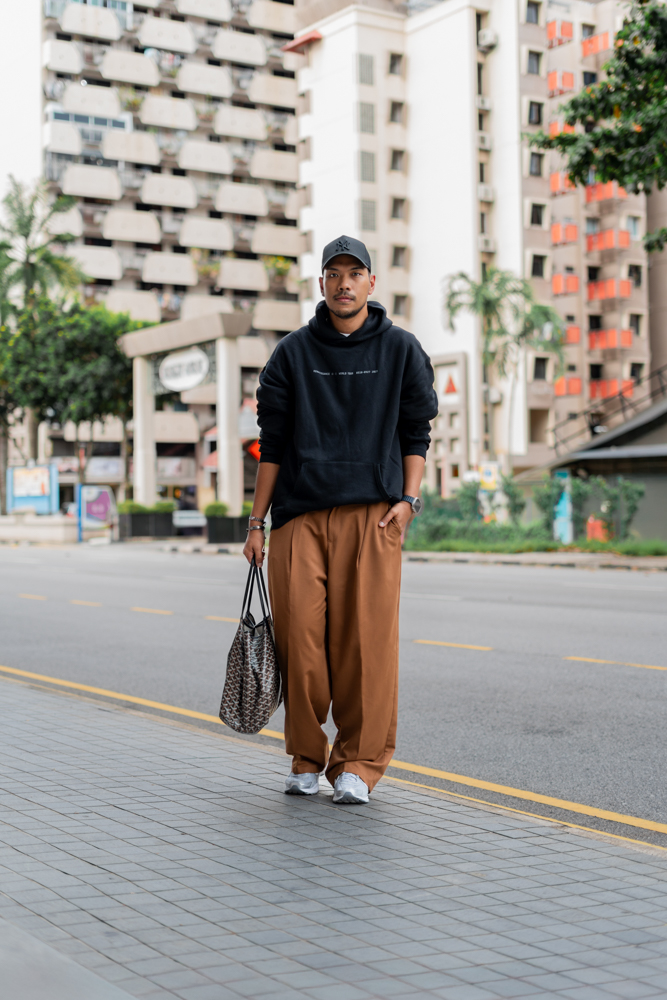
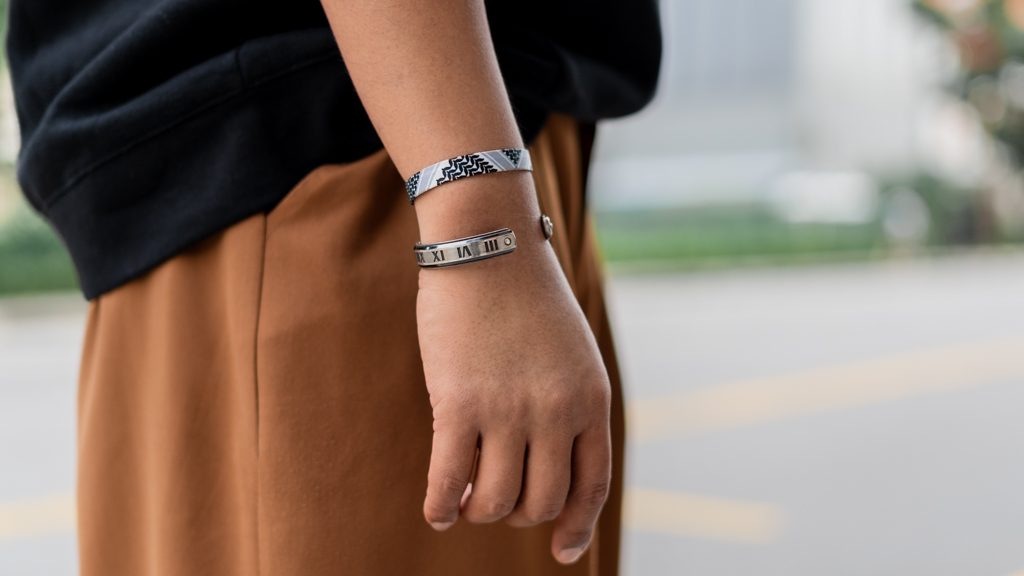
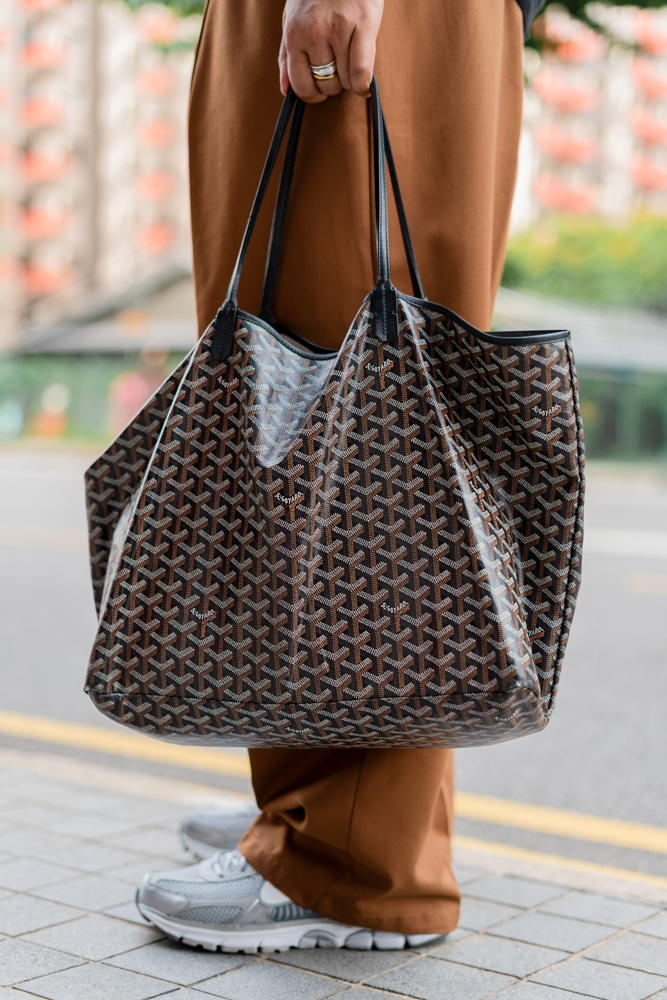
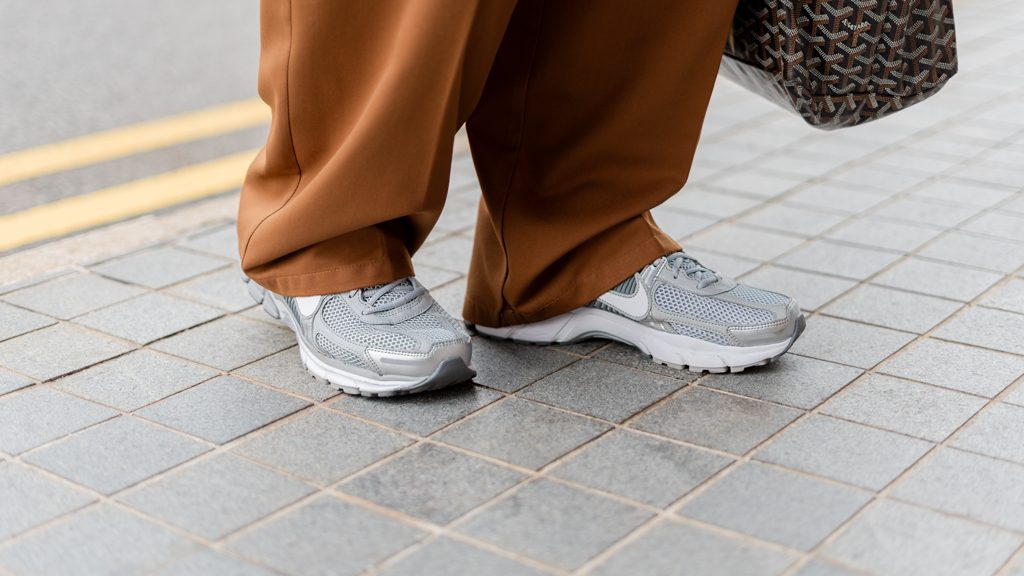
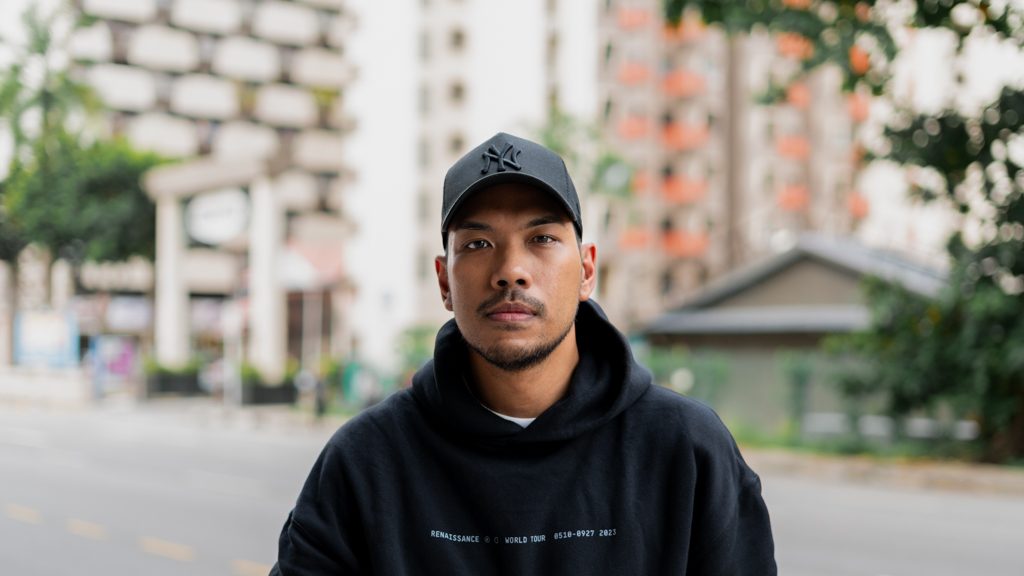
Leave a Reply